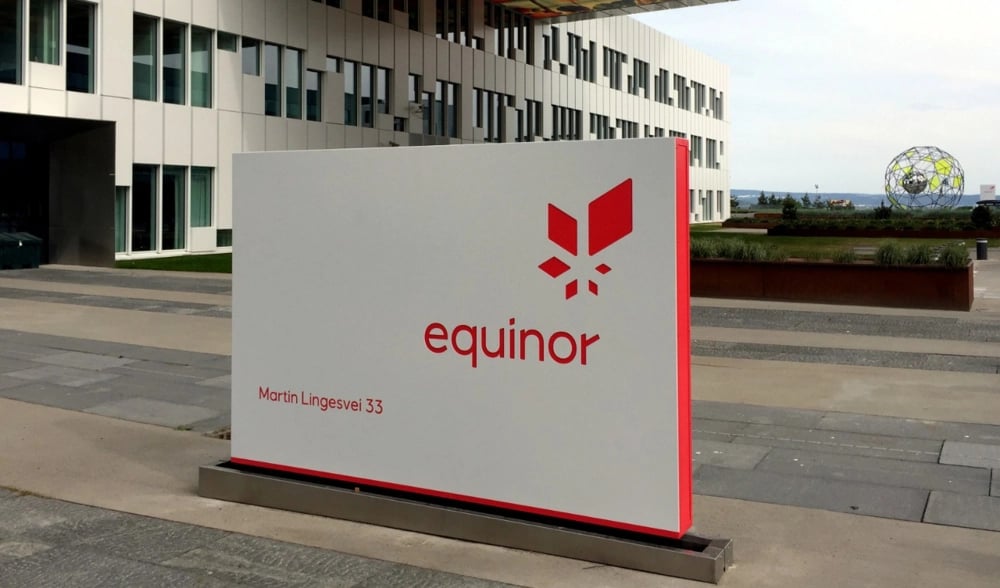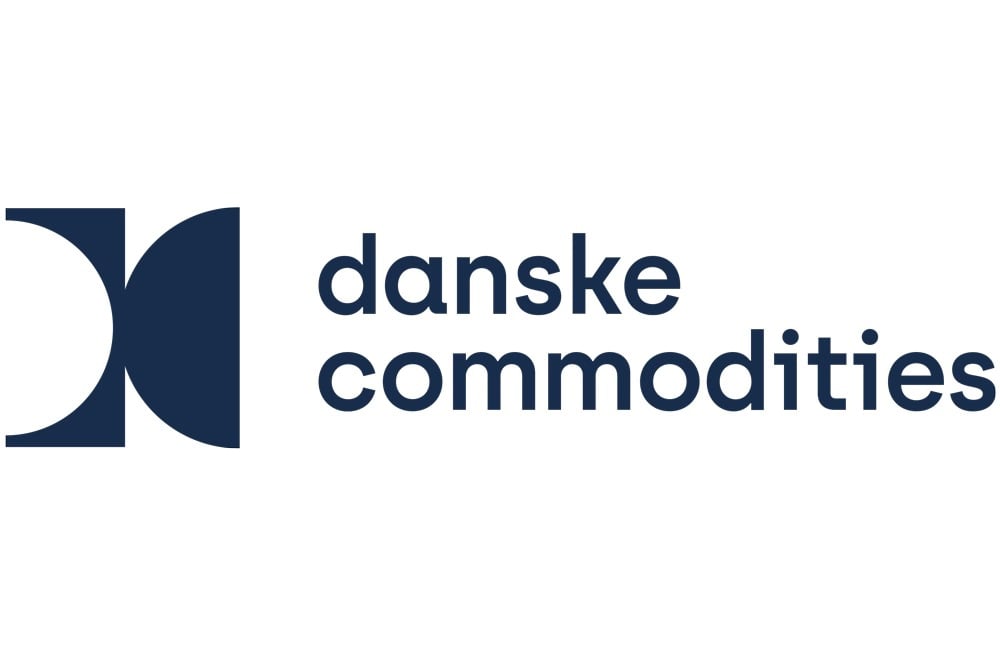Related Articles
AMD Stock Rallies 9% as Piper Sandler Raises Price Target Amid GPU Recovery Expectations
Advanced Micro Devices, Inc. $AMD saw its stock price surge nearly 9% on Monday, following an upgraded price target from Piper Sandler. The upward revision reflects growing investor confidence in AMD’s next-generation graphics processing units (GPUs), as well as improved visibility regarding regulatory-related costs stemming from new U.S. export licensing rules. Analysts anticipate that AMD will absorb the majority of its expected $800 million regulatory expense in Q4 2025, paving the way for operational normalization in early 2026.
Sensex and Nifty Rally Amid Oil Price Dip and Global Equity Recovery Despite Middle East Tensions
Indian equity benchmarks Sensex $^BSESN and Nifty 50 $^NSEI surged nearly 1% on Monday, led by strong gains in the IT and oil sectors. The rally was supported by value-buying and improved investor sentiment across global markets, despite continued geopolitical tensions in the Middle East. Lower crude oil prices provided additional support for domestic equities, helping India’s markets outperform many Asian peers.
SpaceX Expands Starlink Coverage with 26 New Satellites Launched into LEO
SpaceX continues its aggressive expansion of the Starlink satellite internet network with the successful launch of 26 Starlink V2 Mini satellites into low Earth orbit (LEO). The launch, conducted shortly after sunset on Monday evening, marked the 200th orbital mission from Space Launch Complex 4E (SLC-4E) at Vandenberg Space Force Base, further solidifying SpaceX’s dominance in commercial space transportation.








It's concerning to see Danske Commodities facing such a steep decline amidst the volatile energy landscape.
In recent years, fluctuations in the energy market have significantly impacted the financial results of many companies. A recent announcement from Danske Commodities A/S, a subsidiary of Norway's Equinor ASA, has drawn attention from analysts and experts alike. The company reported an almost 50% decline in adjusted pre-tax profit compared to the previous year. The following outlines the key points of this development.